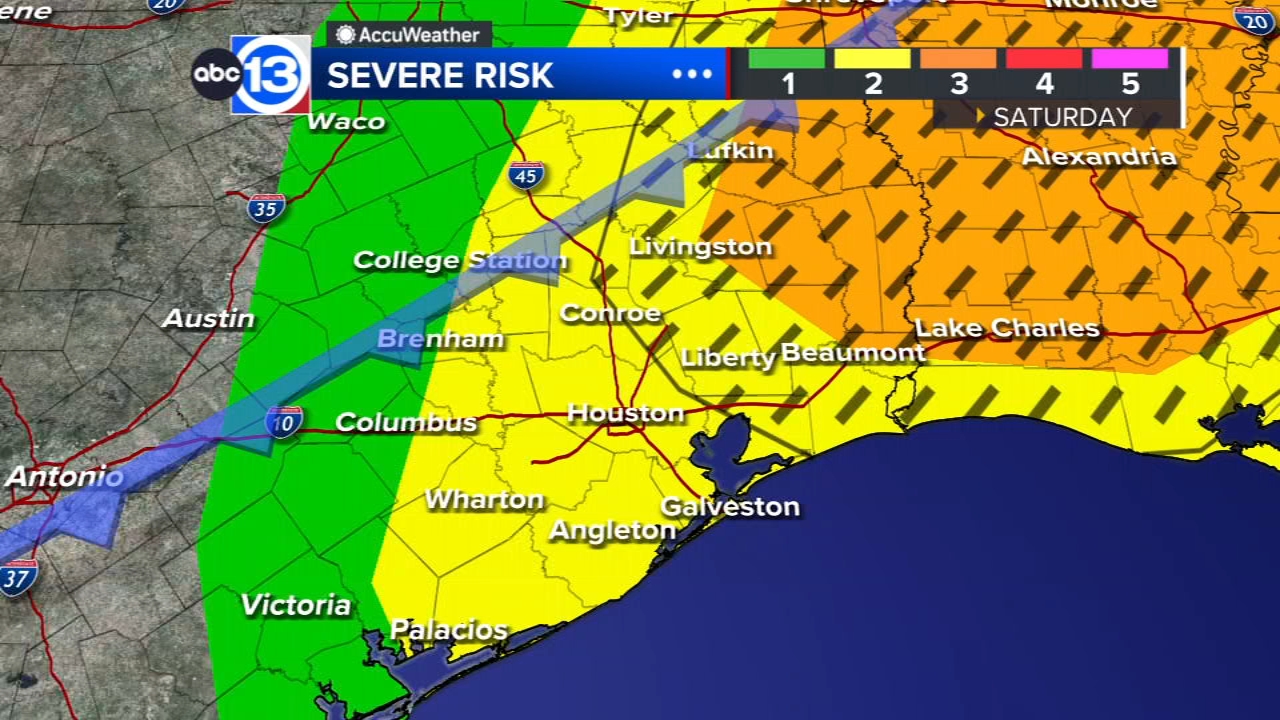Texas election bill faces fight ahead of special legislative session

AUSTIN, Texas (KTRK) -- Whether you call it election integrity legislation or a voter suppression bill, the debate over changes to election law in Texas is far from over.
Senate Bill 7 would have banned drive-thru voting, restricted voting by mail, added greater access to poll watchers, cut early voting hours on Sundays, and given judges an easier path to overturn an election based on suspicion of fraud.
Rather than to vote on it, Texas House Democrats walked out on Sunday.
Representative Trey Martinez Fischer of San Antonio was among the leaders in that move.
READ ALSO: Texas Democratic walkout may be short-lived victory

"That discussion has probably lingered since early April," Fischer told ABC13. "But it really sort of jumped into high gear when it was known the Republicans intended to silence our voices, and listen, our job is to represent our constituents."
Gov. Greg Abbott named election integrity as a priority this session. When the bill didn't pass, he immediately said he would call for a special session to vote on it.
He also tweeted about Democrats' failed effort to stop abortion legislation in 2013, writing "the last time a stunt like this happened was...Wendy Davis. We all know how that story ended."
Davis responded, writing, "Yes, we do know how it ended. We didn't give up, took that unconstitutional anti-abortion bill all the way to the Supreme Court and it got overturned. News flash dude - we won't give up this time either."
Charlie Bonner is with MOVE Texas, a progressive voting rights advocacy group. He fears the bill could harm the efforts to engage young voters.
"We know that this legislation was going to have a chilling effect on our work. Both on voters, on our ability to register and turn out voters," Bonner said. "They know this has nothing to do with the security of our elections and it has everything to do with a cynical attempt to hold onto power."
But supporters disagree. Allen West is the chair of the Republican Party of Texas. He insisted the bill is about election security and not suppression.
"It's very sad that election integrity was our number one priority for the Republican Party of Texas and also Gov. Abbott's, but yet it didn't get accomplished in the legislative session," West said. "We have to be vocal about it. I think you have a lot of the grass roots organizations here that are calling for those priorities to be addressed in a special session and they don't want to see it pushed off until the fall."
Trying to read the tea leaves, it's hard to know if the governor will call a second special session or add election integrity to the fall session for redistricting.
While some suggest it only delayed the inevitable, opponents of the legislation say they will work to change it or stop it from passing all together in a special session later this year.
"Whether you're Black, white, or brown, Democrat, or Republican, those who would defend democracy understand that when the state of Texas, like others, would enact voter suppression laws, it puts all of our democracy at stake," said Houston NAACP President James Dixon.
Other local Democrats have also voiced their concerns. Houston Mayor Sylvester Turner urged legislators to fight against it as did Fort Bend County Judge KP George.
"I want to urge the Democrats, get out and fight like there is no tomorrow. If we don't, nobody else will," said George.
Supporters say the measures make elections more secure and provide trust in the system.
Opponents say it suppresses votes by banning drive-thru voting, restricting voting by mail, adding access to poll watchers, cutting early voting hours on Sundays, and giving courts an easier path to overturn elections based on suspicion of fraud.
READ ALSO: President Joe Biden says Texas voting bill is "part of an assault on democracy"
Republican State Representative Jacey Jetton supported the legislation in the house. He believes the bill can find bipartisan support with more work.
"We're going to have a lot more discussions over this between now and whenever that special session ends up being," Jetton said. "If the dust settles and we're able to make this a little less partisan and be able to have some good conversations around this, I think the final bill, while it may have more support, is the same thing we tried to pass at the end of the session."











